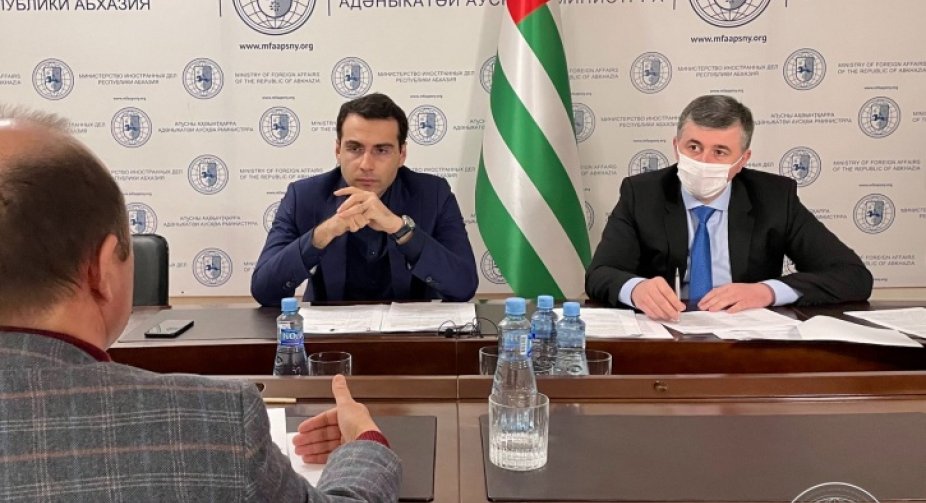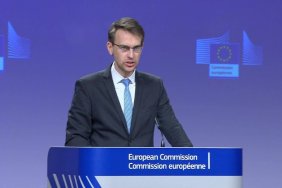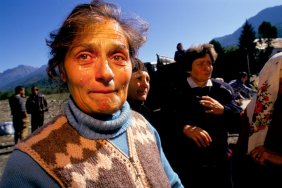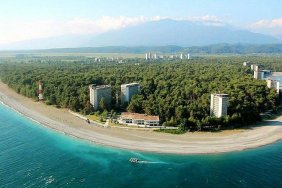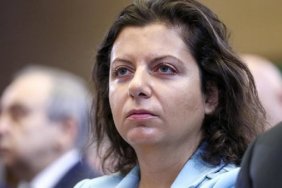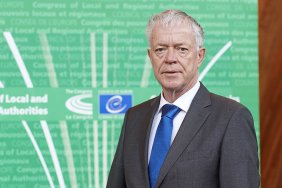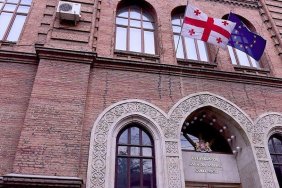A newly appointed de facto foreign minister of Georgia’s Russian-occupied Abkhazia region Inal Ardzinba, who previously served in Russia, has banned all the projects which serve the goal to establish contacts between the NGOs in the breakaway region and others in the rest of Georgia.
At the recent meeting with the NGOs and international organizations, Ardzinba said that ‘making any ties with Georgia unacceptable.’
He stated that all COBERM projects, which aim to ease communication between the NGOs in the region and the rest of Georgia, ‘are closed.’
Ardzinba said that he strongly disliked the project ‘which aims to mislead the citizens of Abkhazia and set a direct dialogue between the Abkhaz youth, experts and Georgians.’
“The implementation of the project is unacceptable. Don’t make such projects any more! We ban this! “ Ardzinba said.
Within the project Ardzinba condemned, a joint documentary was made titled ‘We weren’t asked, we aren’t being asked’ in which internally displaced children from Abkhazia, currently living on Tbilisi-controlled territory, say that despite the forceful relocation, their dreams have come true, while the kids from the occupied region admitted they were unable to do so despite living in their homes. Photos from the region, also within the project, as well as other materials were released on Newcaucasus.com.
The editor of the media outlet Irakli Chikhladze says that what Ardzinba does is the continuation of the Russian policy and is against the wishes of locals.
He says that the projects like this allow the people living in Abkhazia to express their views on various problems, including on the relations between Sokkhumi and Tbilisi, as well as how the conflict may be resolved. “Russia needs to close Abkhazia, to totally isolate it, to make the region as its province,” Chikhladze told Front News. Head of the coalition For IDP’s Rights Zurab Bendianishvili has told Front News that Ardzinba’s decision was ‘both expected and unexpected.’
“As soon as Ardzinba appeared in the de facto foriegn ministry, the civil society representatives had been expecting he would act in line with the Kremlin’s policy and his moves would affect the sector first of all,” Bendianishvili said.
He also stated that the caution of Abkhaz representatives at the meetings with other Georgian colleagues within international projects caused doubts of pressure on the people in the region.
“There were very interesting, professional people and I wished to communicate with them, listen to their views. However, they were avoiding this unlike the ones from another Russian-occupied Tskhinvali region who were free to talk on any issues. It was obvious that the Abkhaz representative's presence in international projects would not be easy,” said Bendianishvili.
